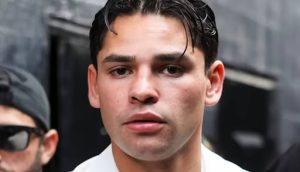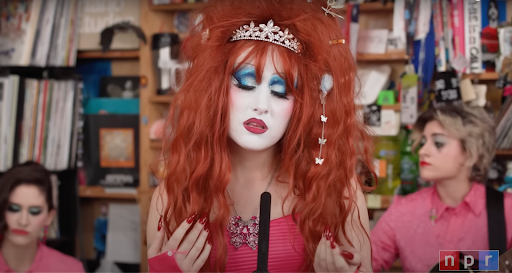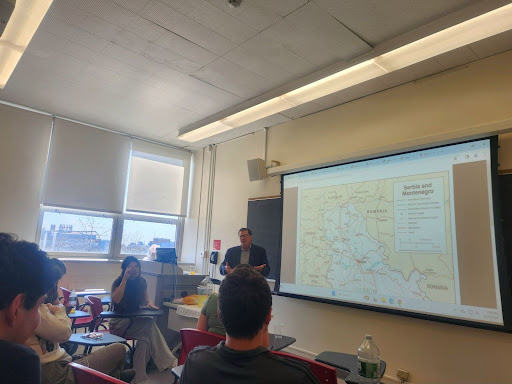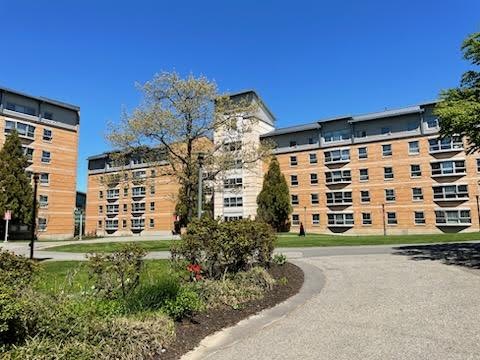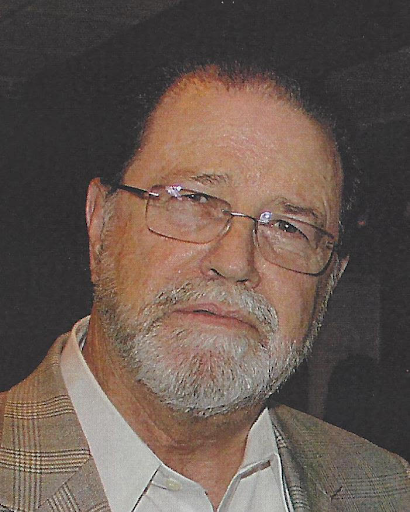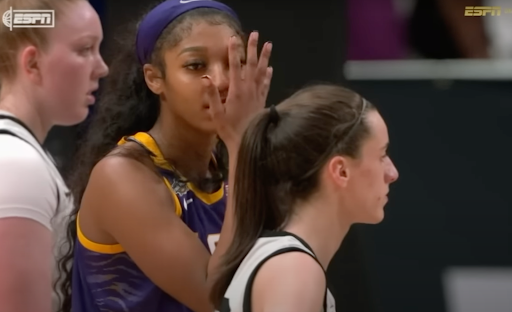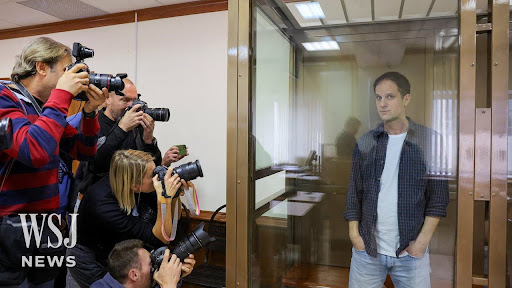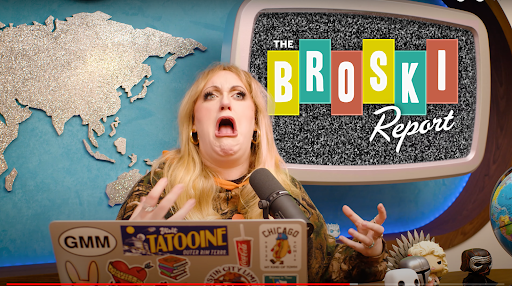This is the first time in history that there are this many Democratic candidates up for the presidency. Of the original 20 candidates who hoped to have a chance against Trump in the 2020 elections, only 12 qualified for last night’s debate. On the other hand, the Republican party has four candidates: Mark Sanford, Donald Trump, Joe Walsh, William F. Weld. However, the Republican party is focusing its time and energy on Trump because the other 3 candidates announced their commitment to Trump, according to CBS News. Thus, Democrats are making up for the lack of campaigning in their opposing party.
Last night’s debate brought up the issues of medicare, wealth tax, abortion, gun control and Trump’s withdrawal of troops in Syria. They began with an extensive discussion on the House of Representatives impeachment inquiry. While many gave clarification on how they disagree with other candidates, others dodged direct answers and bounced off each other’s ideas. Their ideas overlap considerably which may make it difficult to align with a particular candidate. However, all the candidates agree that “it’s time to act,” as Sen. Kamala Harris stated during the debate.
It’s time that students take an active step to understand the elections and each candidates’ stance on the most pressing issues. Many students, including some of our new staffers, attended a watch party in the University Center. Your vote always matters, but especially now because there is a great deal of controversy surrounding Trump’s reelection. As college students, we may not be directly affected by a President’s foreign policy or trade agreements, but we have a right to be involved and have a voice, no matter who we agree or disagree with.
Whoever wins the 2020 election should reflect the students’ values and goals for the future and have their people’s best interest at heart, especially if they are a young person who has taken their time to get registered, possibly miss school to vote, or have to order a mail-in or absentee ballot — an effort made by those who call other states home and care deeply about the politics of their hometowns. Furthermore, as Sen. Gabbard responded to the “does age matter” question, the next president also has to be an appropriate Commander-in-Chief, and we now know that the candidates are taking all of their qualifications, not just their policy, into consideration.
The primary elections, which give voters a voice in selecting a candidate for a party’s nomination, will be held early next year. If you are registered as a Democrat or Republican in this state, the New York primaries will be April 28, 2020. Out-of-state students should find out when their state is holding the primary election because the date varies for registration and absentee voting. The November date will see a significantly smaller amount of candidates, and one of the main reasons is because of how each candidate polls in early nominating states. In other words, the opinion of voters like you is a deciding factor.



